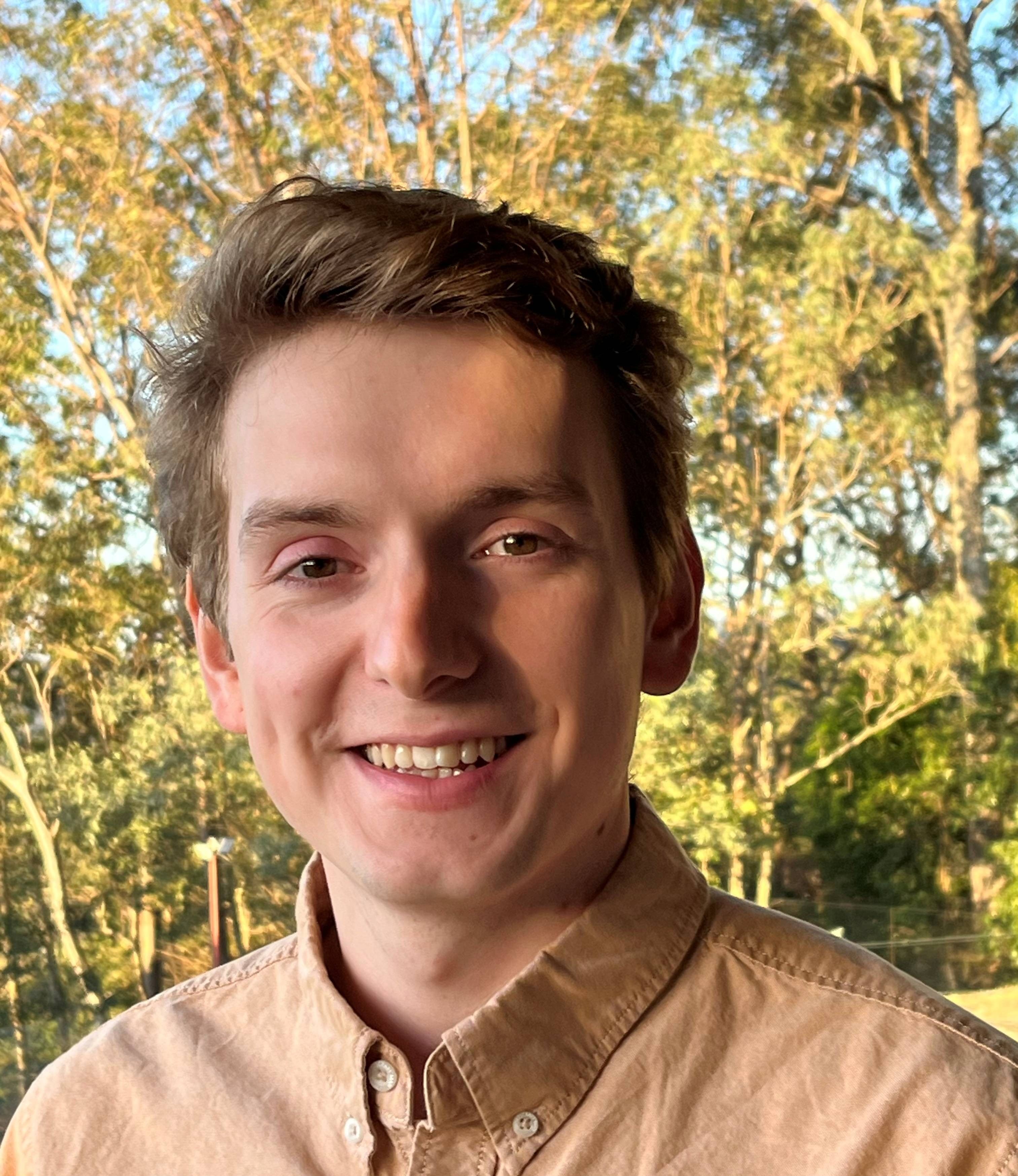ALUMNI PROFILE: Ewan Beach
Sir William Markby Scholar, Balliol College, University of Oxford - reading for Masters of Mathematical and Theoretical Physics

Your CV indicates at the end of your first year at UQ (2021), studying Bachelor of Advanced Finance and Economics - you left to start a degree in Oxford. Can you share a bit about your UG journey, and what you have been up to in your new program?
I left BAFE at UQ to return to my original country, the UK. I then began a journey in physics at the University of Oxford. That academic decision stemmed from a number of factors: the joy and intellectual stimulation that studying physics had given me in high school; the interdisciplinary fields to which physics opens doors and; the opportunity to immerse myself in the vibrant culture, architecture and minds inhabiting the institution. I was, additionally, heartened in the knowledge that a physics education would not exclude me from careers in the finance sector.
I undertook a 4-year integrated Master of Physics (MPhys). I have been fortunate enough to supplement my learning with two research placements within the University as part of the Phase Modulation Interferometry (PaMIr) Group and the Oxford Ion Trap (quantum computing) Group. These experiences allowed me to discover my love for mathematical investigation and algorithmic thinking, informing my decision to transfer to the competitive Master of Mathematical and Theoretical Physics (MMathPhys) for my final undergraduate year (commencing October 2026). The result is that my first three years are converted into a Bachelor of Arts (BA), and I will attend a course aimed at bringing its students to the forefront of modern physics knowledge and methodologies.
How have your experiences at UQ and the Liveris Academy contributed to/shaped your journey and choices so far?
My time at UQ and the Liveris Academy is something I hold close to heart for the opportunities, skills and long-lasting friendships it provided. Soft skills are at the heart of studying finance, and exposure to the Liveris Academy’s vast web of professional connections gave me a space to practise forging and maintaining professional connections of my own. This is a vital part of studying at a university and in a field with such diverse and global engagement.
The Academy’s deeply rooted culture of entrepreneurship is also unique. It’s hard not to be inspired to jump at opportunities thrown your way when you are consistently in the presence of such innovative and innately driven peers. This mindset has persisted through my time at Oxford, which like the environment at UQ, never fails to keep you occupied if you are receptive.
Have you had any unexpected challenges/opportunities so far, and how did you navigate them using the skills developed during your time at UQ and the Liveris Academy?
Other than the weather, I believe a challenge has been adapting to such a different environment, simultaneous to moving away from home and managing the steep demands of the course. A particular hurdle was the structure of the “Oxford year”, consisting of three very short and intense study terms, with exams typically only at the very end of the year. My time at UQ, and particularly the Liveris Academy, taught me that in times of difficulty, your greatest asset is your network. Armed with this, I spent my first year getting as involved as possible with extracurriculars. Not only does this serve as a valuable distraction from homesickness but also provides ample opportunity to learn the stories of peers, making friends and picking up strategies. After settling in, I felt able to focus strongly on my academics, ultimately resulting in my ranking first in the cohort of ~200 physicists for the remaining two years of my bachelor’s degree.
What piece of advice would you give to current students or those about to graduate who are looking to follow a similar path?
My favourite piece of advice is to learn about yourself. It’s a hard thing to do and I’m certainly still learning, but a good start that I have practised is spending time figuring out what my priorities are, and this directly informs the decisions I make. As a student, you are constantly faced with decisions, and when these relate to specialisation of any kind, they can feel irreversible. While it’s also true that no career choice is irreversible, it’s important to make the decision with rigorous criteria that reflect your values; whether that’s minimising your regret if something were to go wrong, or maximising the number of opportunities that one path opens to you. If you consider all information available to you, then you should never feel bad about a choice that you make.



